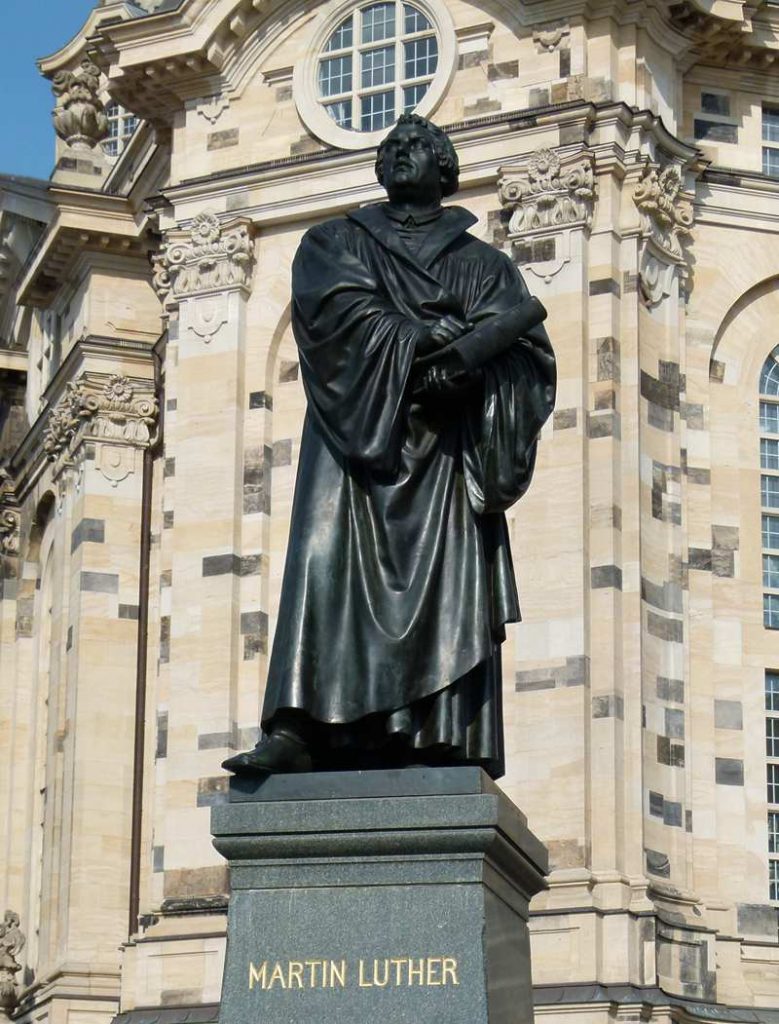The five characters we introduced yesterday are Jesus of Nazareth, Mohammed of Mecca, Zoroaster, Gautama Buddha, Krishna. The remaining five people are: Francis of Assisi, Confucius, Moses, Maimonides, Martin Luther.
No 6. Francis of Assisi
Born in 1182, Saint Francis of Assisi is a part of the Holy Roman Empire in Assisi, Italy. It is a Catholic monk and missionary who eventually became one of the most important religious figures in the Middle Ages, if not history. St. Francis was unified by Pope Gregory IX in 1228, becoming the patron saint of Italy, and the patron saint of animals and nature. In 1209 he founded the monastic monastery, also known as the Franciscan medal; he also founded the St. Clair Medal and the St. Francis III Medal.
Saint Francis of Assisi devoted his life to the truth of poverty, chastity and the gospel of life. He succeeded in persuading the Pope to allow a new religious order. (The Franciscans) – Committed to the spirit of the Gospel.
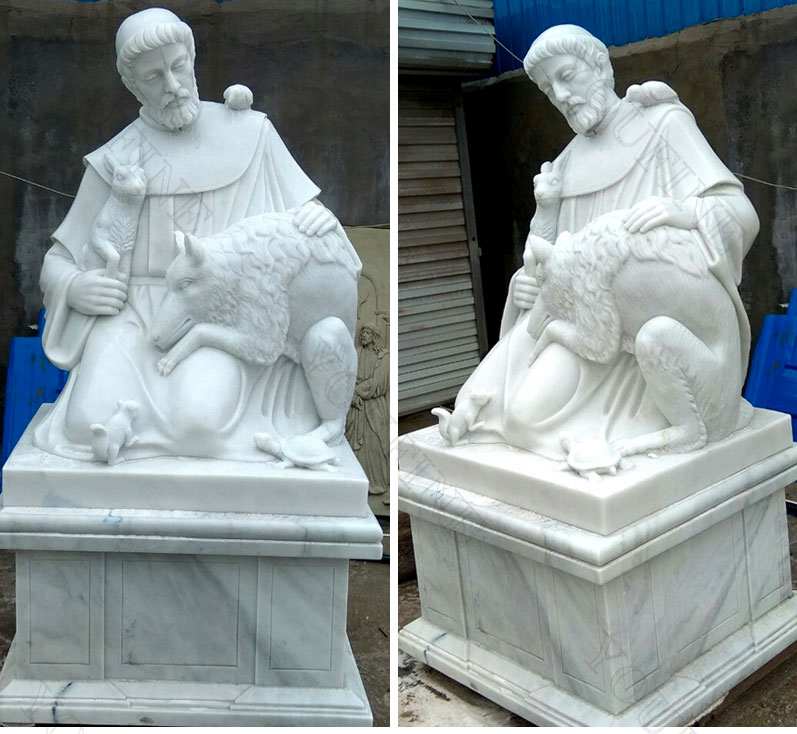
No 7. Confucius
Confucius was a Chinese philosopher and author of The Analects in the Spring and Autumn Period of Chinese history. Confucius philosophy, also known as Confucianism, emphasizes the morality of individuals and government, the correctness of social relations, justice and sincerity. His followers competed successfully with many other schools in the era of 100 schools of thought, only to be suppressed by the legalists during the Qin Dynasty. After the Han Dynasty defeated Chu in the Han Dynasty, Confucius’s thought was officially sanctioned and further developed into a system called Neo-Confucianism in the West, and later became modern Neo-Confucianism.
Confucianism is not always seen as a religion, but a way of life. For example, Confucianism mentions the possibility of the afterlife or heaven, but it does not discuss spiritual issues such as the existence of the soul. In any case, at least in China, Confucianism seems to be as popular as ever, and may still be relevant after a thousand years. Confucius is often quoted. Confucius is a Chinese philosopher and may have originated from the famous golden rule: “Do not do to others what you do not want done to yourself.”
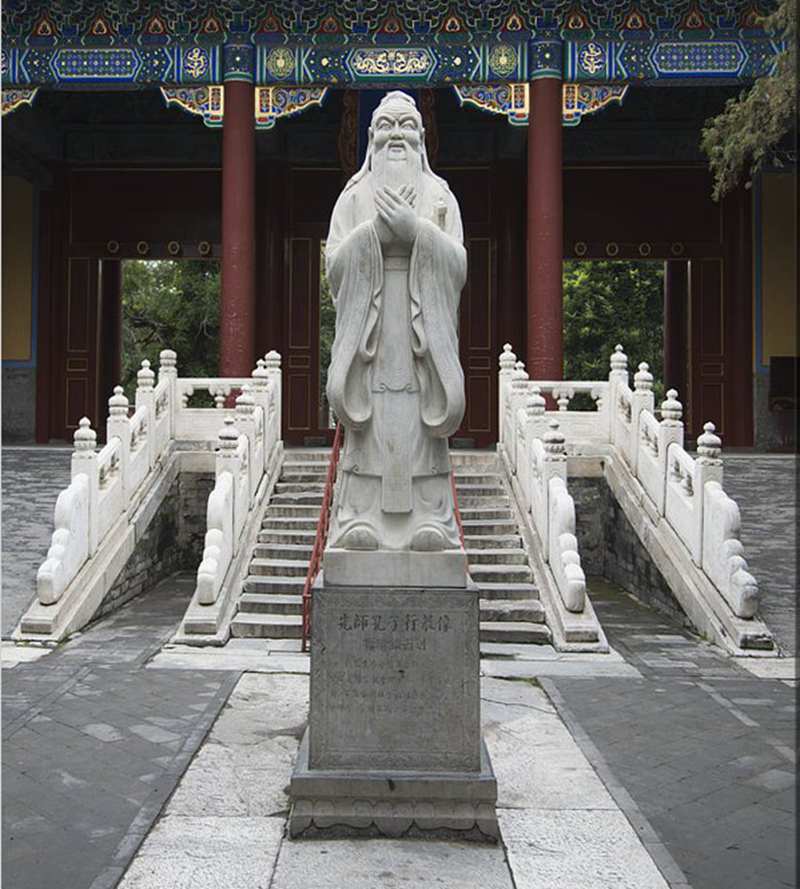
No 8. Moses
Moses was the key prophet of the Old Testament. He accepted the Torah on Mount Sinai, including the Ten Commandments. According to their holy book, Moses was a prophet in Abraham’s religion; however, the consensus in the academic world was that Moses was a legend rather than a historical figure. According to the Hebrew Bible, he was adopted by an Egyptian princess and later became the leader of Israelis and legislators in life, the authorship of Torah, or the traditional custom of acquiring Torah from heaven. He is the most important prophet in Judaism. He is also an important prophet of Christianity, Islam, the Bahá’í Faith and other Abraham religions.
According to the records of Exodus, Moses was led by the lord of Yahweh, and the Hebrews who led the slavery left ancient Egypt to go to Canaan, a rich promised land. The 11-day journey is because of the stubbornness of the Israelites, the disobedience and disbelief that God will help them in the end, after more than 40 years of difficult trekking (meaning that they are lost, and there are many powerful tribes in Canaan, the land is blocked by the Philistines). Enter the promised land. Today’s Sinai Peninsula is the land that passes through the path. It is not the residence of other ethnic groups. The land is poor and water-poor, and it is difficult to settle for a long time.
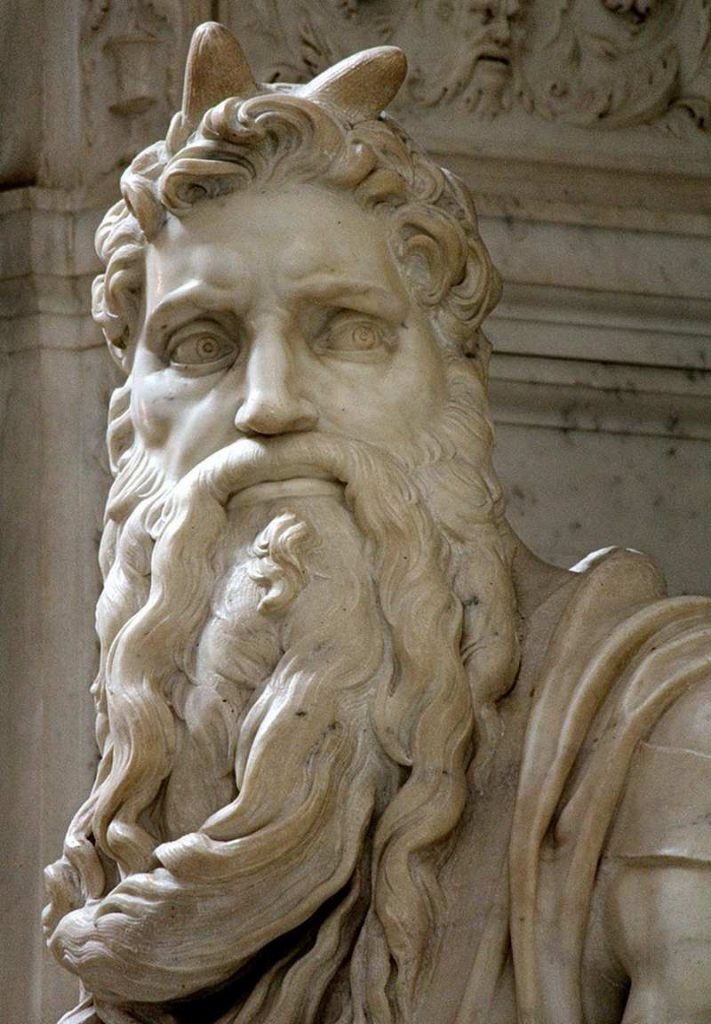
No 9. Maimonides
One of the greatest Jewish scholars of the Middle Ages, Maimonides, born between 1135 and 1138, is a Spanish Jew. He wrote 14 volumes of Mishneh Torah, subtitled “The Book of the Strong Hand”, a Jewish religious code completed in 1180. . In contemporary Jewish religious thought, the book still has a lot of normativeness, especially because it involves the compilation of Talmud’s law, although many scholars criticize it. Maimonides is also a representative of oral law, including laws not included in the Five Books of Moses (written law). It is worth noting that he is not a supporter of mysticism, but a mysterious mysticism that seems to be discernible in his various works.
As a scholar, Maimonides is known as a philosopher, historian, scientist and doctor in the Jewish and Islamic kingdoms or fields. However, when Muslims conquered Cordoba, now located in southern Spain, the Muslim authorities gave all Jews three choices: conversion, death or exile. Maimonides was born in Córdoba and still lives there. He chose to go into exile and eventually settled in Egypt, where he became a well-known authority in the Jewish community.
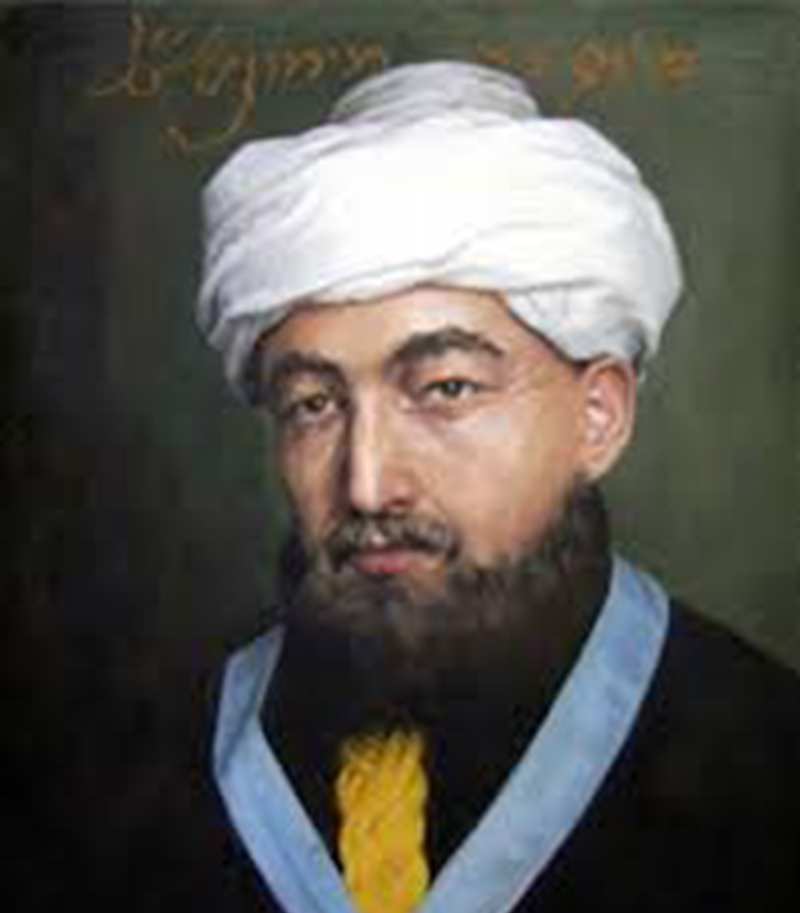
No 10. Martin Luther
Martin Luther, a priest and theological professor of the Holy Roman Empire, launched the German Reformation in the early sixteenth century, and eventually the religious reforms throughout Europe [1] contributed to the rise of Protestantism. Luther strongly questioned the teachings of the Holy See about borrowing money for God’s forgiveness (ie, redemption vouchers). In 1517, Luther posted a “Debate on the Effectiveness of Redemption Bonds” in front of the All Saints Church, which proposed to discuss church corruption. In 1520 and 1521, Luther refused the order of Pope Leo X and the Holy Roman Emperor Charles V to ask him to withdraw the relevant documents. This led to the death of Luther by the Holy See and the conviction of the Holy Roman Empire.
Luther pointed out that salvation is the grace of God and a gift to Him in vain. He believes that this redemption is not obtained through good deeds, but by relying solely on Jesus Christ as a redeemer. Luther’s theology teaches that the Bible is the only source of God’s revelation. This is undoubtedly a challenge to the Roman Catholic Pope. He also points out that the hierarchy emphasized by the Catholic Church (that is, the Holy System) is a clear violation of the New Testament. The teachings of the priests. Those who accept Lutheran theology are widely known as Lutheran believers.
